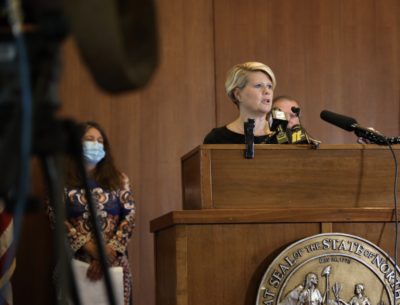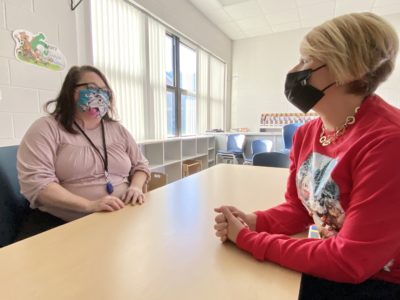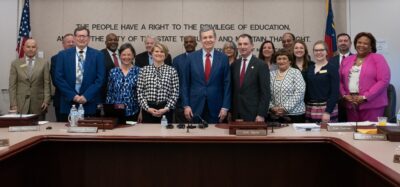The following is the preamble to the social studies standards being voted on during the State Board of Education meeting on Feb. 4, 2021.
“So very difficult a matter it is to trace and find out the truth of anything by history.” — Plutarch’s Lives
The word “history” has its roots in the ancient Greek verb historia, which meant the act of seeking knowledge (Oxford English Dictionary). A more modern way to describe the discipline of history is the study of imperfect choices across the ages that requires knowledge of facts, dates, names, places, events, and ideas. It also requires students to engage in questioning, research, and discussion so that as young adults, they can examine a historical record for themselves and support their views.
Students in North Carolina public schools study history throughout the entirety of their public school experience. While the public at large might not agree as to why it’s important that students learn geography, civics, and history, the North Carolina State Board of Education believes that our collective social studies standards must reflect the nation’s diversity and that the successes, contributions, and struggles of multiple groups and individuals should be included. This means teaching the hard truths of Native American oppression, anti-Catholicism, exploitation of child labor, and Jim Crow, to name a few, while simultaneously teaching that the U.S. Constitution created the world’s first organized democracy since ancient Rome and that 90 years into our country’s history, President Lincoln ended the United States’ participation in what had been more than 9,000 years of legalized slavery and human bondage in most parts of the world.
However, it is important to remember that history itself doesn’t provide the sole explanation for why we have injustices, racism, and discrimination today, be they institutionalized or localized. Our human failings have at times taken the form of racism, xenophobia, nativism, extremism, and isolationism. We need to study history in order to understand how these situations developed, the harmful impact they caused, and the forces and actors that sometimes helped us move beyond these outcomes. In the words of former Secretary of State Condoleezza Rice, the Constitution is the very document that the likes of Thurgood Marshall used to bring systemic change to our country.
In practice, these standards represent the framework around which teachers will devise their students’ day-to-day classroom experiences with social studies and history. They are not a curriculum and do not limit individual teachers’ decisions about what historical events to explore. While the Department of Public Instruction will present recommendations in one year’s time to teachers regarding potential texts and events to be shared with students, use of these documents are optional. By law, decisions around specific curriculum choices are for local school boards to make.
In his 1954 sermon “The Death of Evil upon the Seashore” delivered at the Service of Prayer and Thanksgiving in New York City, Martin Luther King, Jr. declared that “the whole history of life is the history of a struggle between good and evil” and that “in the midst of the upward climb of goodness there is the down pull of evil.” It is in this spirit that we offer these standards. Let us study the past such that all students can celebrate our achievements toward a more perfect union while acknowledging that the sins of our past still linger in the everyday lives of many. Let us study the past so we can understand where it might lead us today.
Recommended reading



